Whoever said research is a mere excuse for idleness was probably right. I have frittered away many research hours examining some curiosity or other that I have stumbled upon and which has proved more captivating than the original focus of my attention. But that is the charm of research and the delight of a libraries: you never quite know what you are going to find.
One such find was the poetry of printer in the nineteenth century.
The major trade publications of the nineteenth including The British & Colonial Printer [1878–1953] and The Inland Printer [1883-1978], are far removed from their twenty-first century successors. Grandiose publications, densely packed with detailed information about machinery, innovations, lawsuits, company buy-outs, closures, sales or liquidations, they curiously also allocate precious column inches to poetry of a very particular quality.
Printers of the nineteenth century had an incurable itch for writing verse. It was an affliction that took hold of many, and their distempered brains produced couplets of chronic standards. I would thoroughly recommend them as a welcome distraction for any researcher looking to idle away their time.
The subject of the poetry is printing in all its manifestations: type composition; presswork; newspapers; advertising; editors; journeymen; paper; book binding; with the favourite subject being death and immortality. Some of the poems are philosophical, others humorous; a number touch on the esoteric, while others try to entertain; many have a romantic view of the trade, but others make earthy attempts at typographic word play. The literary merit of the poems is doubtful, but they offer an original perspective on nineteenth-century attitudes to the printing trade.
Often the printer was represented in the role as struggling artisan and the poetry tended towards pathos:
A printer stood at his case one night,
In his office dark and drear,
And his weary sight was dim as the light
Of the mouldy lamp hung near;
The wintry winds were howling without,
And the snow falling thick and fast;
But the printer, I trow, shook his locks of snow,
And laughed at the shrieking blast;
He watched the hands of the clock creep round,
Keeping time with its snail-like tick,
As he gathered the type, with a weary click,
In his old rust-eaten stick.
Although there was adulation for the printing profession there was also some concern for its future. By the end of the nineteenth century mechanisation was being introduced in to the trade. Inevitably, there was mistrust towards progress and the poetry railed against advancing technology. In 1897 Mr Colebrook, printer, protested in verse against the tendency of the age to do everything by machinery, ‘let the hand have more play’ he advocated in a melancholic parody of Robert Burns with special reference to lithography and its new tri-chromatic rival:
Is there, o’er honest lithographers
That hangs on his head, and a’ that?
Faith, mon; ‘three-colour’ will ‘na oust
The canny hand, for a’ that
Rainbow frae slots, and a’ that,
Colours are bodies for the soul
And art’s the soul, for a’ that.
In the composing room too, there was disquiet at contemporary developments. The fin de sieclè compositors felt threatened by the arrival of linotype operators, who were seen as dirty, graceless setters of type and not compositors at all:
Tho’ the mercury stands at 90,
Yet he never slackens pace,
Tho’ the ‘fat’ is rolling floorward,
From his weary, haggard face.
For this burning thought absorbs him,
As he fills his melting pot:
“Mine shall be the biggest ‘bull-week’,
If I die upon the spot!”
Whereas the old compositors were viewed in a far more romantic light:
Watch the methods of his brother,
See the comp. of olden time,
As he coolly lifts his letters,
Ranging each one into line!
Though his ‘screws’ attenuated,
And he’s pushed against the wall,
Yet he loves the old-time comping,
And is happy through it all.
Those lower down in the printers’ pecking order were also the subjects of verse. The Printer’s Devils were viewed fondly:
Ink bespattered,
Clothing tattered,
With his broom in hand;
Leaning, cleaning,
Rubbing, scrubbing,
Under every stand.
The ‘Tramp’ was almost a figure of the past by the end of the nineteenth century, since many typographical associations had discontinued allowances to peripatetic printers. In America, however, he was still a lamentable member of the profession:
He used to call around and borrow
A dollar;
There was grime and printers’ ink upon
His collar;
At times he used to get quite drunk—
He used to eat tobacco at his case
And, what is more,
He spat quite freely anywhere
Upon the floor.
But Devil, Tramp, Compositor or Printer, there came a time when each had to ‘make ready his forme’ in preparation for ‘the great composing room in the sky’:
Yet he was loved, and when he died
The craft set-up a cry
Each comp composed an L E G
The devil quoined a sigh.
Youths followed to his grave with plumes
Set in small caps they wore;
And him who’d left his type behind
Companions did deplore.
May earth press lightly on his forme
Locked up securely under;
In heaven his name and virtues be
Reprinted without blunder.
The poetic muse was one that settled on printers for a relatively brief spell, it seemed to depart with the outbreak of the Great War in 1914. But printing history has been captured in verse by a number of anthologies including: C H Timperley’s Songs of the press, London, 1833; Thomas Thompson, Rhymes and songs for printers, Edinburgh, 1897; Gleeson White, Book-song, London, 1893; and Songs for a printer’s way goose, New York 1940.

